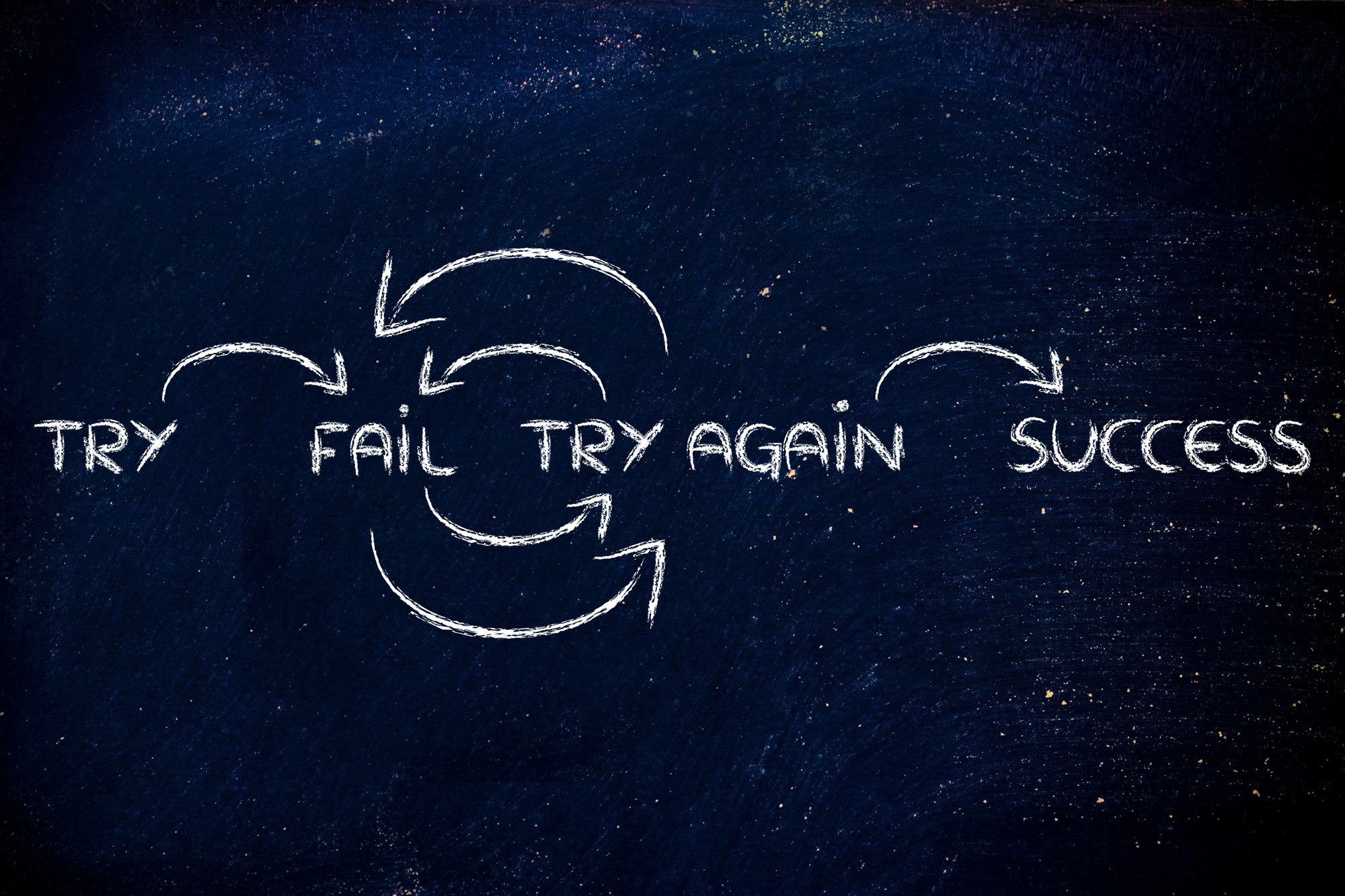When I first came to college, I thought I would academically thrive. I came from a hyper-competitive international school, where if you weren’t studying every moment of every day, you were doing something wrong. This school taught me how to take on the most significant academic challenges. With these hyper-competitive ideologies engraved in my mind, I thought I was ready to take on any intellectual challenge of UCLA. So when it came to my first midterm, I felt as if my studying methods in high school would correlate with succeeding in college exams. However, I was not prepared as I had believed.
I came to a place where it felt as if everyone was top of their class: everyone’s CVs were stacked, and everyone had top-notch grades. I felt like the tiniest fish drowning in the most enormous pond.
Getting my first college test back, I was crushed; I received the worst grade in my recent academic career. My heart sank. I didn’t know what to think; I felt defeated, like I wasn’t good enough to be at UCLA, and I just wanted to give up.
It wasn’t until I talked to a sophomore seated next to me at B-Plate that I realized. He saw my disappointment, and I explained to him what had happened. “So what?” he said. “You performed badly on one of hundreds of tests you will take in college.” When I heard those words, I realized it was just one exam. I had to move on and trust that it was only going to get better from here, and that life moves on.
So, what exactly did I do? First, I prepared myself to accept failure, realizing that in order to achieve, I needed to move past failure. Setting my mind to accept failure meant accepting the lessons that came with it and understanding that everything happens for a reason. Without failing, I would not have understood that the major I chose when I first arrived at UCLA was not for me and that other fields of study at UCLA are where I excel and what I could see myself pursuing.
I decided to not give up, coming up with ideas and study habits to tackle the challenges I had faced during the exam. This was a mindset that I would have never had before. In the past, the thought of failing would’ve pushed me into a downward spiral wherein I would beat myself up over something that I could not change. Instead of sitting at my desk all day studying—something I would have done in the past—I changed my habits at college. I interacted with other students and learned from other people. Rather than focusing on them being my competitors, I knew that others were there to also support me. I also realized that giving myself a break was necessary for college. In high school, I would often just burn myself out, as opposed to in college, where the whole point of learning is putting yourself out there and experiencing life.
After going through this experience, I witnessed the power of perseverance and the necessity to accept failures. Without failing, I would have never known what I needed to change about my academic schedule and study habits. If I were to give advice to my past self or any college student, don’t give up if you don’t see the outcome you want. Learning isn’t a linear process. It’s an up-and-down journey that should challenge you. Learning comes from understanding where you went wrong, building character and learning from those around you rather than working against others.

